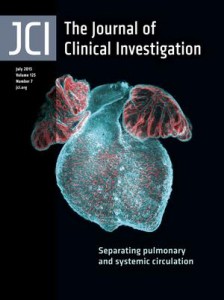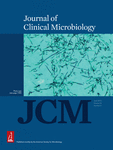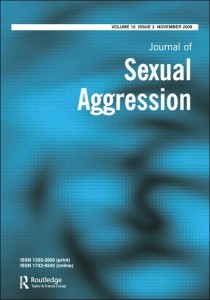More journals have pulled papers co-authored by researchers Erin Potts-Kant and Michael Foster, at Duke University, bringing the total up to seven for Potts-Kant and six for Foster.
Authors were unable to replicate the experiments after “concerns about the initial data from the animal physiology laboratory” led them to reanalyze source data, according to the note in Environmental Health Perspectives. The comparison showed “potential inconsistencies in the data,” which “significantly impact the overall conclusions of the manuscript.” Similar issues appear to have felled the pair’s other papers, including the other two recent retractions in the American Journal of Respiratory and Critical Care Medicine and the American Journal of Physiology – Lung Cellular and Molecular Physiology — but in the latter case, the discrepancies don’t affect the conclusion.
Potts-Kant was arrested on embezzlement charges in 2013. Authorities alleged that she stole almost $15,000 from Duke University.
Environmental Health Perspectives posted a retraction in July, for a 2012 paper that looked at the molecular underpinnings in airways that react to ozone.
Here’s the full notice:
Continue reading Duke lung researcher up to seven retractions

 A widely reported finding that the risk of divorce increases when wives fall ill — but not when men do — is invalid, thanks to a short string of mistaken coding that negates
A widely reported finding that the risk of divorce increases when wives fall ill — but not when men do — is invalid, thanks to a short string of mistaken coding that negates 






